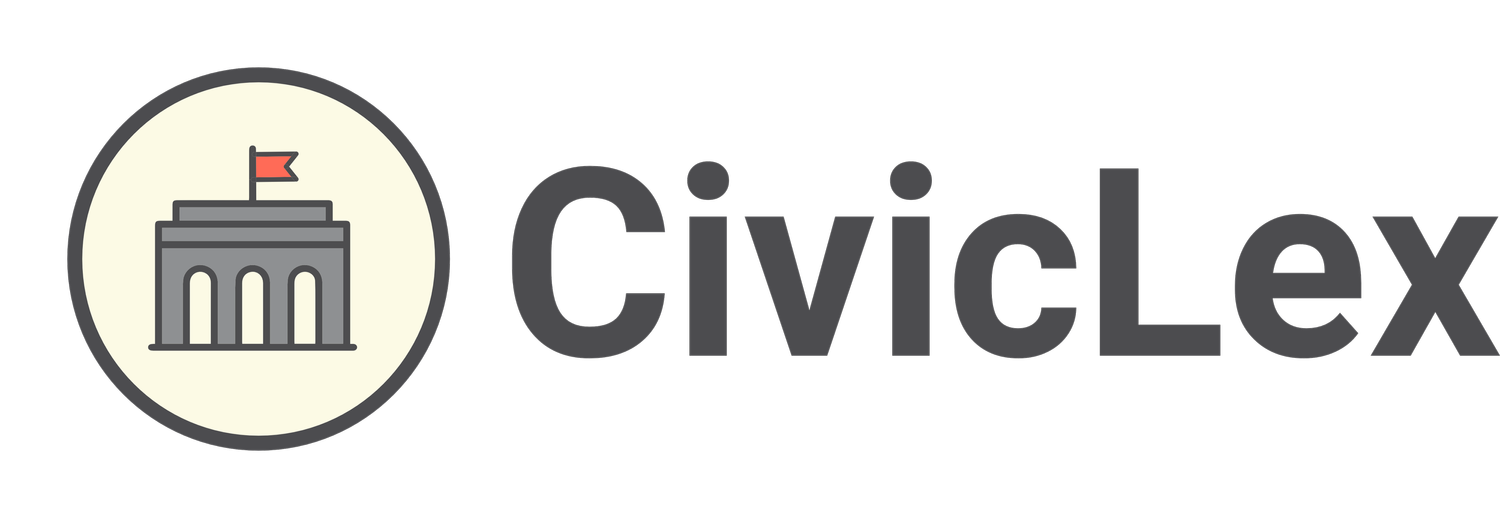Proposed ordinance regulating sober living homes to be presented in Committee
Last week, the Social Services and Public Safety (SSPS) Committee discussed a proposed ordinance regulating sober living homes. Sober living homes are residences, privately owned and operated, reserved specifically for individuals recovering from substance use disorders. Sober living homes do not provide any counseling or support services; they are simply housing units rented only to people in recovery.
Sober living homes have become somewhat controversial in Lexington over the last year or so. Many predominantly low-income and Black neighborhoods in Lexington have seen a growth in the number of sober living homes. Longtime residents of these neighborhoods report instances of noise issues and erratic behavior from residents. Linda Blackford of the Lexington Herald-Leader recently wrote an op-ed that shares the experience of Black Lexington residents concerned about the growh of sober living homes.
Mayor Linda Gorton’s Administration presented the first draft of a new ordinance that would regulate sober living homes in Lexington. The federal Fair Housing Act (FHA) and the Americans with Disabilities Act (ADA) prevent cities and states from passing laws that would make it harder for those in recovery to have equal access to housing, so the City cannot restrict the density or availability of sober living homes.
However, cities and states can require sober living home operators to obtain certifications and licenses to rent their properties out, and can impose fines for noncompliance.
The proposed ordinance outlines the following:
Operators have to obtain a Recovery Residence License from the City. Licenses would need to be renewed annually.
To obtain the license, an operator must be able to prove that they have obtained certification from the Kentucky Recovery Housing Network, the National Alliance of Recovery Residences, or Oxford House. A certification from one of these organizations demonstrates the operator is meeting certain minimum standards for a safe sober living home.
Operators have to obtain a Zoning Compliance Permit from the City.
Operators would have six months to obtain all the necessary licenses and permits.
If operators are found not to be in compliance, they could be subject to an initial fine of up to $1,000, and potentially a lien on the property if they continue to stay out of compliance.
You can view the full presentation slides starting on page 21 of this packet.
Michael Cravens of the Department of Law emphasized to Council that this proposed ordinance is a starting point for discussion with the community and with the Council.
Here is a quick overview of some of the issues discussed by Council and Cravens during the meeting.
Nuisance and Complaint process
Councilmembers wanted clarification on how complaints from neighbors regarding Sober Living Homes would be processed and addressed.
Cravens said that the Administration plans to create standard process for how to address complaints. These procedures would be publicly available. Complaints would likely be sent to the appropriate Divisions after being reported to 311.
Ordinance Enforcement
Director of Revenue Wes Holbrook clarified that the ordinance only enforces payment, license renewal, documentation, and related services. Nuisances and complaints are handled by different divisions.
District 1 Councilmember Tyler Morton asked about factors that would trigger the immediate closure of a recovery residence. Cravens was unable to give a specific answer but responded that the Law Department would assess any given situation to determine if the City can justify taking immediate action to resolve the issue.
In general, closures of recovery residences would need to be justified by observable, documentable, and ongoing safety or health issues.
Tenant Protections
Councilmembers expressed their desire to have safeguards in place for sober living home residents who find themselves houseless in the event a recovery residence is closed due to noncompliance with the ordinance. There are currently no protections for tenants displaced by home closures in the ordinance.
District 2 Councilmember Shayla Lynch also had reservations about putting the location of sober living homes on the City’s website as individuals residing in those homes might face harassment. Cravens said that location information could vary from being general (such as only listing how many homes are in a neighborhood) or very specific (listing individual addresses for each home) and that balancing neighborhood concerns with the privacy of people living in the recovery residences would be crucial.
Tenant Behavior
Vice Mayor Wu asked if individuals living in sober living homes would still be protected by the American Disability Act (ADA) and the Fair Housing Act (FHA) if they were caught using illegal substances.
Cravens responded that while the ADA and FHA do not protect the use of illegal drugs, the ordinance does not regulate tenant behavior, because residents of sober living homes are supposed to be in recovery. From a legal perspective, assuming otherwise would be discriminatory. Illegal drug usage would be handled no differently for tenants in sober living homes than in other Lexington residences.
Cravens also said that an operator allows consistent and regular substance abuse in a recovery residence, they would likely lose their certification and not be able to continue operating in Lexington.
Council will continue working on this ordinance over the next few months.
Correction: In the original post newsletter we wrote that this draft ordinance was being proposed by both the Mayor's Administration and District 1 Councilmember Tyler Morton. However, the Mayor's Administration solely wrote this ordinance. Councilmember Morton is researching the issue of how to regulate sober living homes but did not propose the draft ordinance being discussed.
